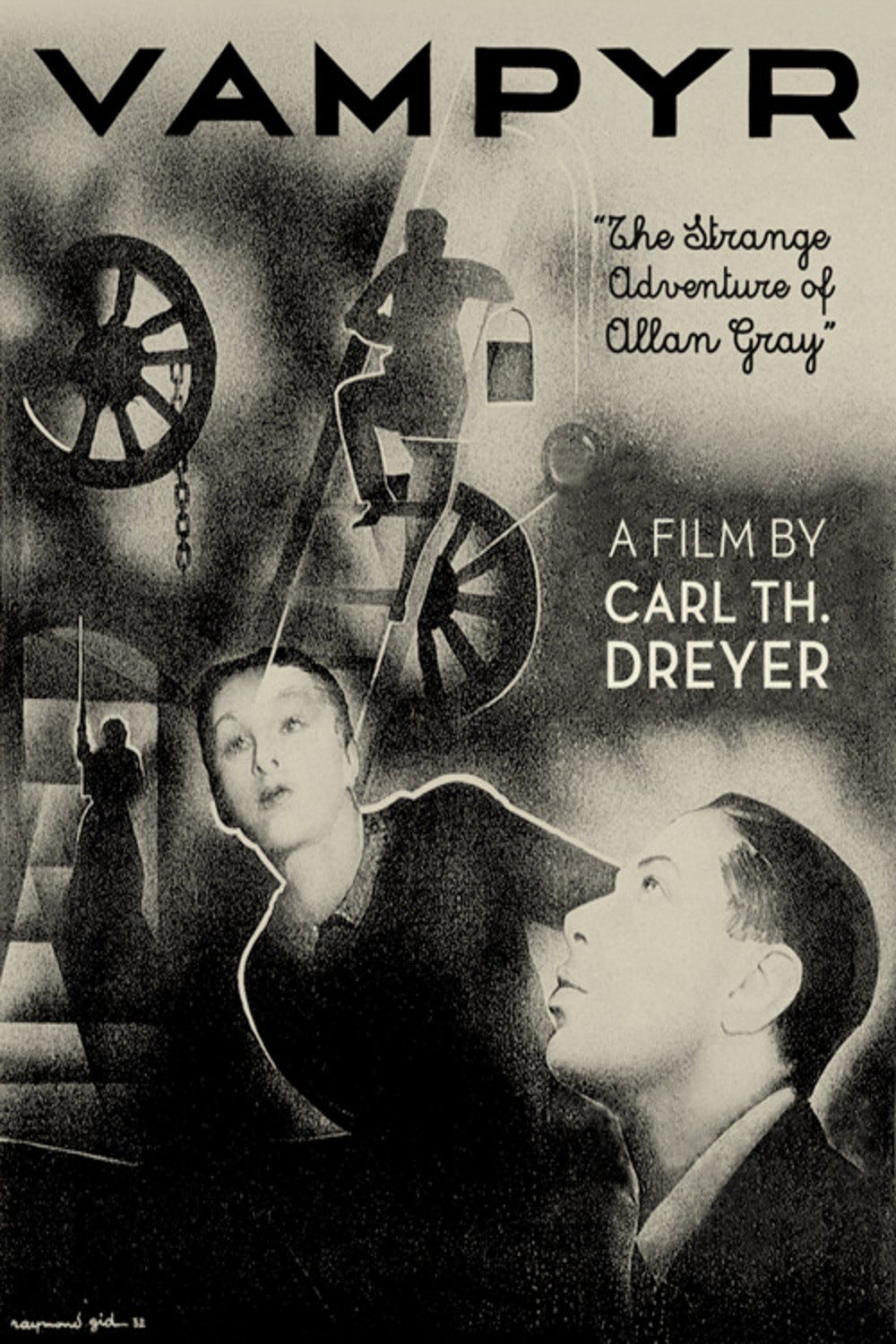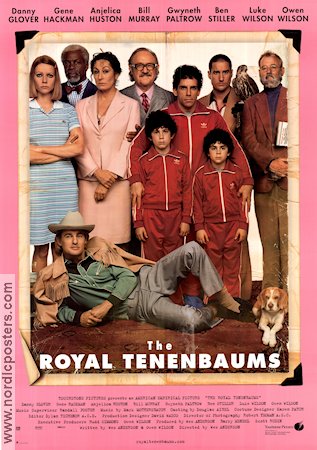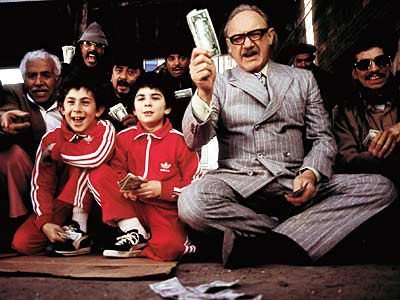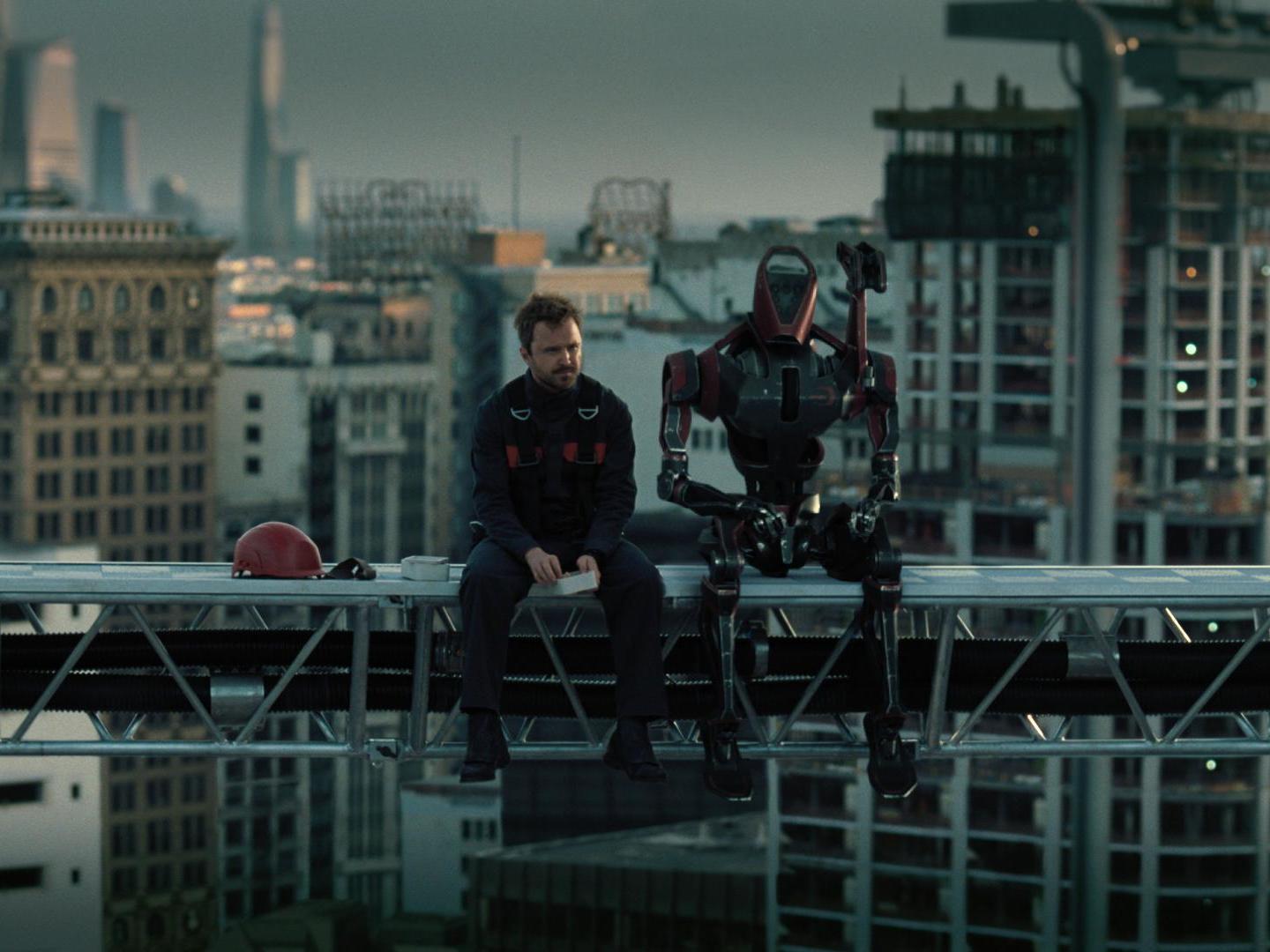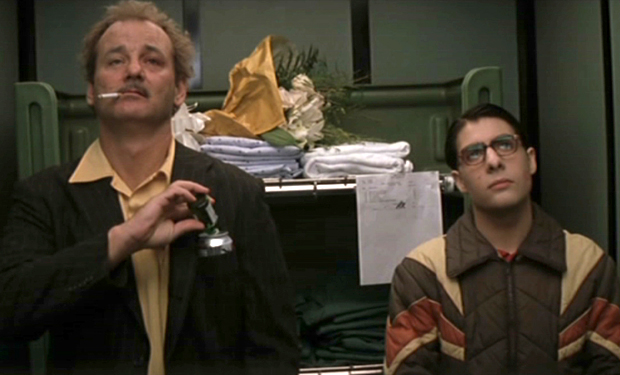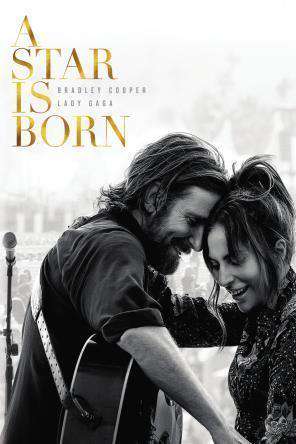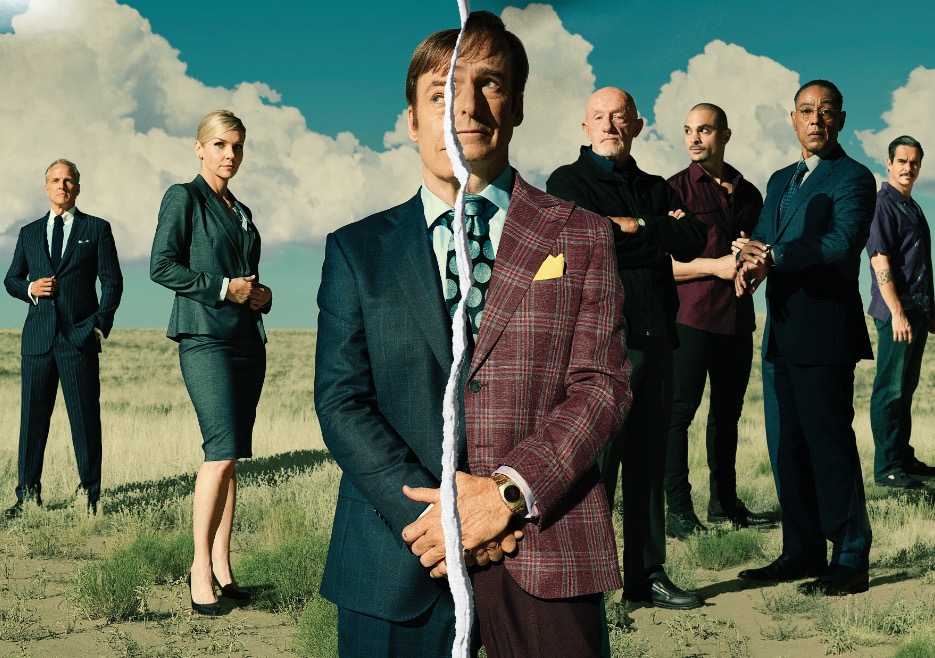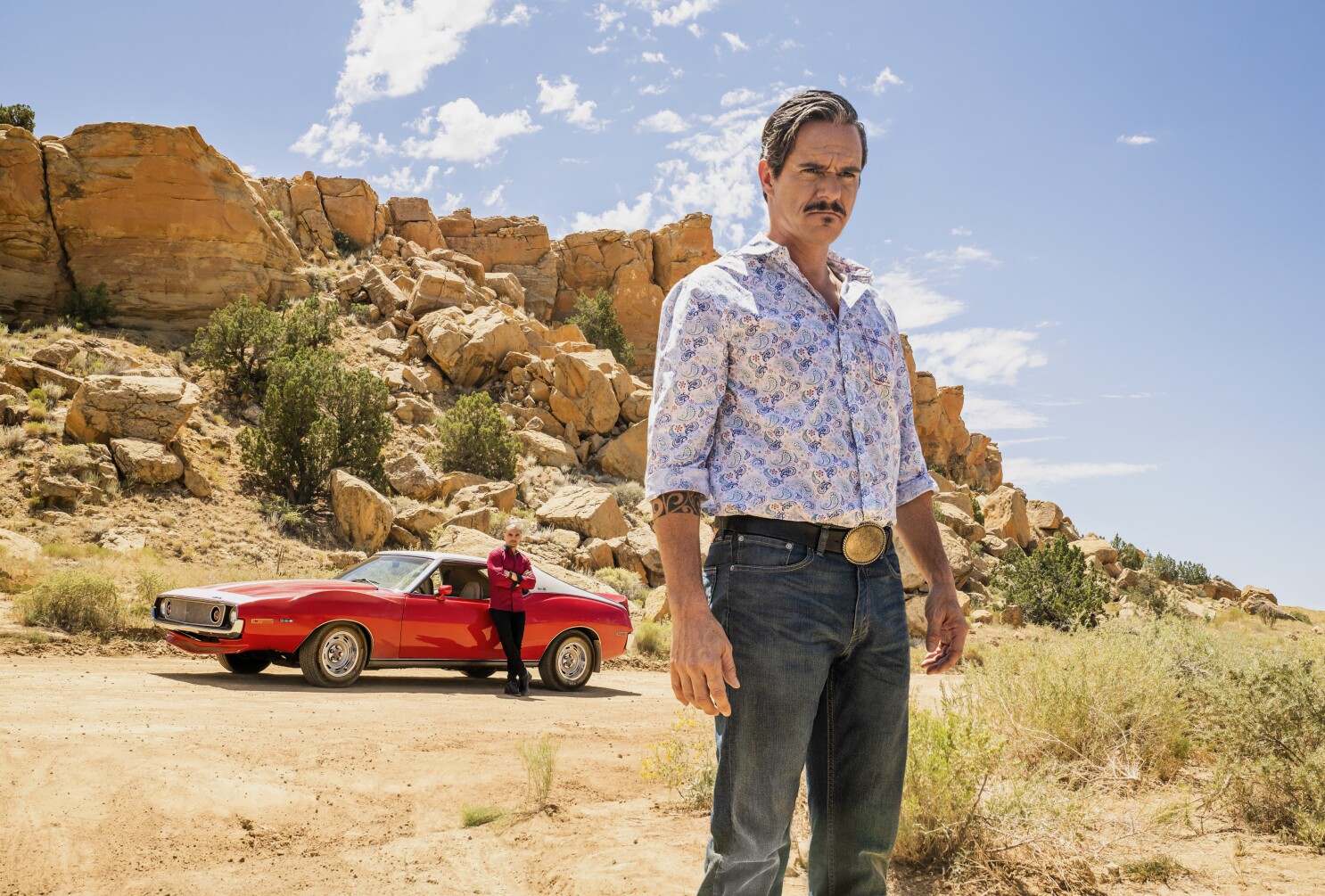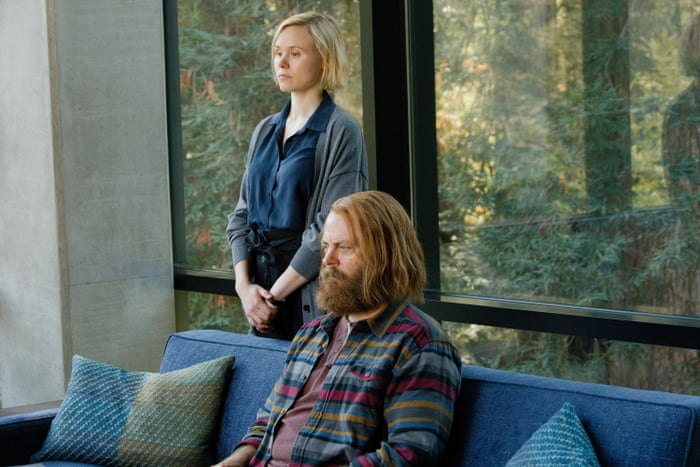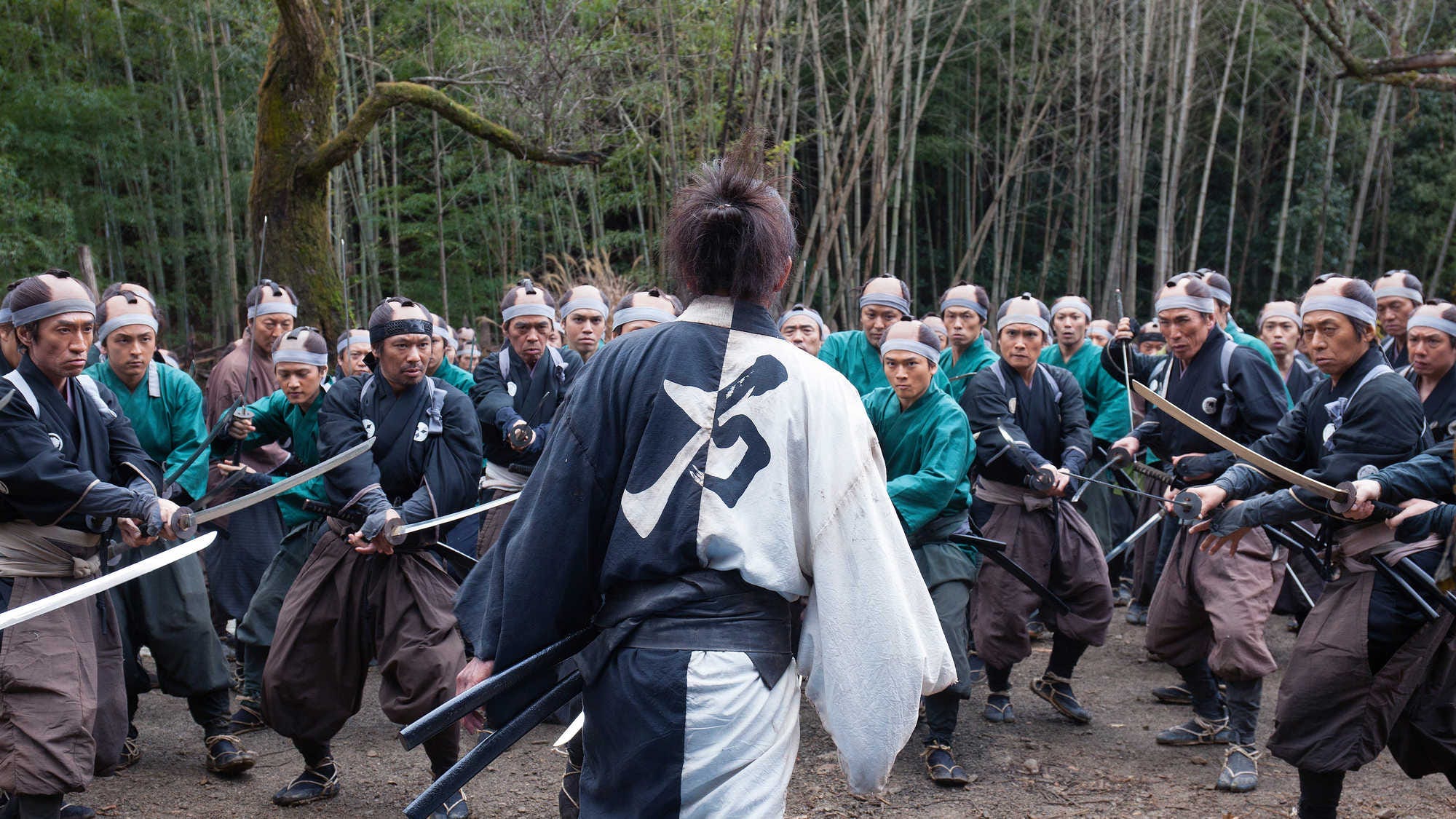This was the 641st film I've seen out of the 1,222 movies on the "Before You Die" list that I'm gradually working my way through.
Director: Carl Theodor Dreyer
A bizarre, fever-dream-like vampire flick with some impressive cinematic artistry for its day.
Inspired by the mid-19th century collection of horror short stories "In a Glass Darkly" by Fanu, Dreyer decided to loosely adapt some of the elements of the tale. It follows Allan Gray, a drifter who follows stories about the occult wherever they lead him. He goes to a small town, where he is immediately drawn into the strange goings-on surrounding Leone, a young girl who has mysteriously grown ill. Gray is initially alerted by what seems to be a dream, and he follows its directions into a nearby barn, where he sees shadows acting independently of their corporeal bodies, and other inexplicable and eerie interactions. Gray eventually falls victim to a vampire, and he is very nearly buried semi-alive, but a servant learns of what is happening, kills the vampire responsible, and frees Gray and Leone of their curse.
No synopsis or summary can come close to conveying what it's like to watch this movie. Frankly, I found it difficult to follow, narratively. I'm not sure how much of this was due to the fact that some of the original footage is still missing from the film, and how it was by design. Either way, the result was a tale that does not follow a typical structure in which the connections between the action is one scene and the next are clear. My hunch is that it was not meant to be so challenging, but it did create an almost dream-like air about the movie.
Even more than the creepy mood evoked by the story itself, though, was how striking the cinematic elements were, in terms of visuals. The framing and sets really stood out, compared to other films that I've seen around that era. Only the German impressionist films and a few others seemed to have had such a sharp eye for framing and the use of light and shadow so effectively.
I plan to watch a few of the supplemental materials available with this movie (a benefit of having the Criterion Channel), which I'm hoping will shed some light on the more puzzling elements of this film. Despite some befuddling aspects, I enjoyed it and recommend it for those who enjoy films from the era. The director, Dreyer, would soon go onto make many noted films with overtly religious themes, and Vampyr was a curious way to really get himself on the map before those later works.
Director: Carl Theodor Dreyer
A bizarre, fever-dream-like vampire flick with some impressive cinematic artistry for its day.
Inspired by the mid-19th century collection of horror short stories "In a Glass Darkly" by Fanu, Dreyer decided to loosely adapt some of the elements of the tale. It follows Allan Gray, a drifter who follows stories about the occult wherever they lead him. He goes to a small town, where he is immediately drawn into the strange goings-on surrounding Leone, a young girl who has mysteriously grown ill. Gray is initially alerted by what seems to be a dream, and he follows its directions into a nearby barn, where he sees shadows acting independently of their corporeal bodies, and other inexplicable and eerie interactions. Gray eventually falls victim to a vampire, and he is very nearly buried semi-alive, but a servant learns of what is happening, kills the vampire responsible, and frees Gray and Leone of their curse.
No synopsis or summary can come close to conveying what it's like to watch this movie. Frankly, I found it difficult to follow, narratively. I'm not sure how much of this was due to the fact that some of the original footage is still missing from the film, and how it was by design. Either way, the result was a tale that does not follow a typical structure in which the connections between the action is one scene and the next are clear. My hunch is that it was not meant to be so challenging, but it did create an almost dream-like air about the movie.
Even more than the creepy mood evoked by the story itself, though, was how striking the cinematic elements were, in terms of visuals. The framing and sets really stood out, compared to other films that I've seen around that era. Only the German impressionist films and a few others seemed to have had such a sharp eye for framing and the use of light and shadow so effectively.
I plan to watch a few of the supplemental materials available with this movie (a benefit of having the Criterion Channel), which I'm hoping will shed some light on the more puzzling elements of this film. Despite some befuddling aspects, I enjoyed it and recommend it for those who enjoy films from the era. The director, Dreyer, would soon go onto make many noted films with overtly religious themes, and Vampyr was a curious way to really get himself on the map before those later works.
